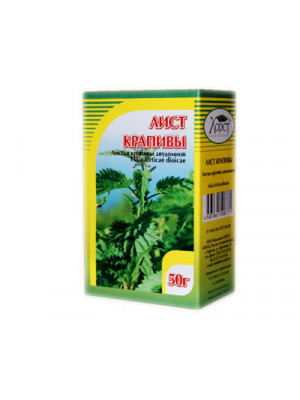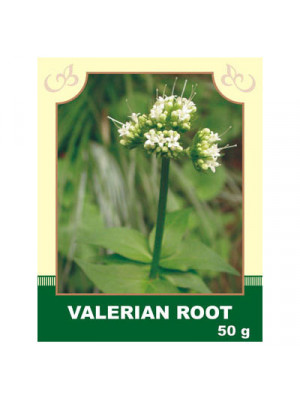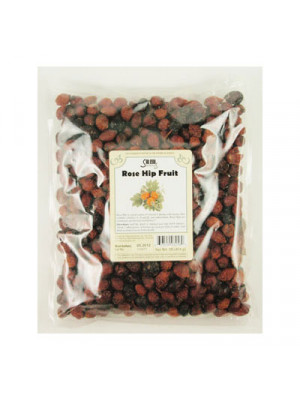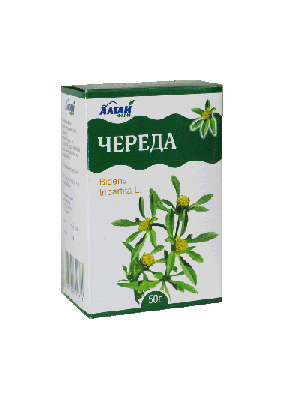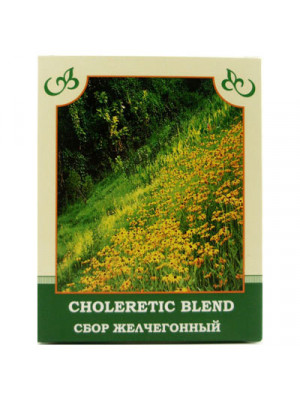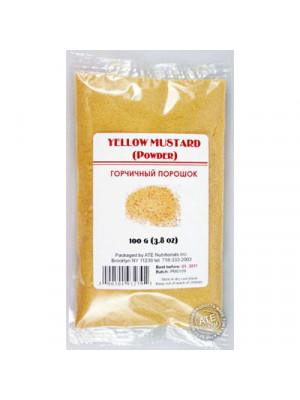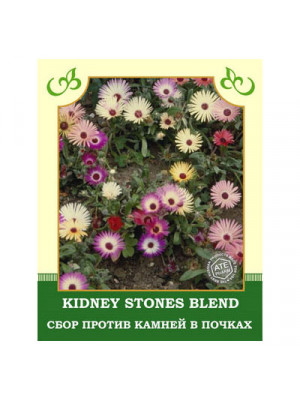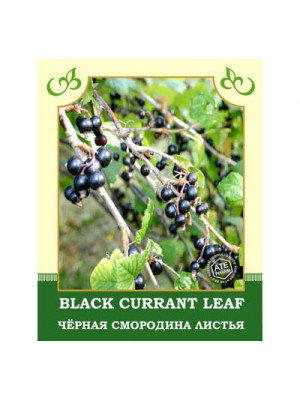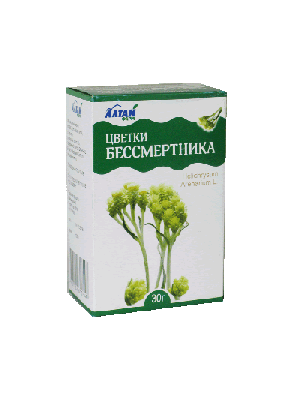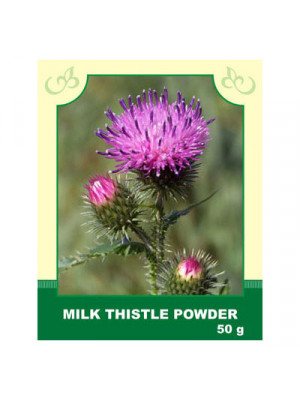Dry Herbs & Berries
If you like to use a lot of dry herbs and berries to create teas, wellness pads and an assortment of other items for well-being, our dry herbs and berries can provide you with a quick way to do it on your own. Each packet contains the herbs or berries of your choice that were freshly grown, chopped up and dried to perfection. Every herb and berries packet is 100% natural, with no artificial preservatives or added fillers. You're able to create a tasty blend with all that is provided from our large selection.
Internally, it is used for gout and rheumatism; kidney and bladder diseases; liver and gallbladder diseases; tuberculosis of the lungs; dysentery; as a hemostatic agent for pulmonary, renal, uterine, and intestinal bleeding; and for digestive disorders.
Method of application and dosage: 2 tablespoons of raw material are poured with 200 ml of boiling water, heated in a water bath for 10-15 minutes, infused at room temperature for 45 minutes, squeezing out the remaining plant material. The obtained infusion is brought to the original volume, and it is taken in 1/4-1/2 cup 3-5 times a day before meals.
Externally, nettle is applied for hypo- and avitaminosis, as well as for strengthening hair and treating furunculosis.
Contraindications: individual intolerance, increased blood clotting, hypertensive disease, pregnancy, bleeding caused by cysts, polyps, and other tumors of the uterus and its appendages. Special caution for patients with kidney disease.
$6.99Internally, aqueous infusion and alcoholic tincture of the rhizomes and roots are used as a calming remedy for nervous excitement, insomnia, asthma, palpitations, seizures, spasms, hysteria, neuroses of the cardiovascular system accompanied by pain and spasms of coronary vessels, for nervous diseases of the stomach and intestines, skin diseases on a nervous basis, and other nervous disorders. They are also used for headaches of nervous origin and inflammation of the sciatic nerve.
Method of application and dosage: 2.5 tablespoons of roots are poured with 200 ml of boiling water, infused for 45-60 minutes, strained. Boiled water is added to the obtained infusion to the original volume. Take 2-3 tablespoons 3-4 times a day, 30 minutes after meals. Tincture: 1 part valerian roots and 5 parts 70° alcohol or vodka, infuse for a week, strain. Take 15-20 drops 3-4 times a day.
Contraindications: Individual intolerance. Nausea and vomiting may occur in case of overdose.
$6.99
Description. Common names: Dog Rose, Hip Fruit, Hip Rose, Wild Brier, Eglantine Fruits. Herbalists note that Rose Hips therapeutic benefits mirror those of vitamin C: supports immune health, promotes healthy resistance, soothes stress, and promotes urinary tract health. Rose Hips are packed with carotenoids, Calcium, B-Complex, Selenium, and other health-boosting nutrients. Herbalists recommend Rose Hip tea, especially when you're experiencing that exhausted, "running on empty" feeling. Enjoy Rose Hips as a tangy, non-caffeinated tea to drink throughout the day as a daily herbal source of Vitamin C and bioflavonoids. Rose Hips have bactericidal, anti-inflammatory, diuretic properties, and strengthen immune system. Use. In addition to their culinary uses, Rose Hips are also valued for medicinal properties. The anti-inflammatory properties of rose hips have recently been shown to be useful in the treatment of patients suffering from knee or hip osteoarthritis. Scientists in Denmark reported that patients who daily consumed standardized rose hip powder experienced significantly less joint stiffness and pain, and an improved general well-being and mood after 3 to 4 months of treatment. Rose Hips are also used for atherosclerosis, high blood pressure, stomach ulcer, for better metabolism. Rose Hips help to reduce cholesterol from blood. Those who take Rose Hips regularly say that have become more energetic and sturdy.Rose Hips are also capable of alleviating the problems of insomnia, do away with depression, drive out fatigue and also offer comfort in conditions such as tetchiness.
Attention! Before using any herbal products, make sure that you have full knowledge of how the herb works and any adverse reaction it may cause.$13.59Internal use: Enhances appetite, strengthens and improves digestion, corrects metabolism in skin diseases, increases urine and sweat secretion, stops bleeding, has a calming effect on the nervous system, slightly reduces blood pressure, increases the amplitude of heart contractions, and has a mild softening and anti-inflammatory effect. Used to stimulate appetite, improve digestion, and for colds, coughs, liver and spleen diseases, gout, arthritis, and rickets.
Method of application and dosage: Pour 15 g of the herb with 400 ml of boiling water, infuse for 30 minutes, and drink 1/2 glass 3-4 times a day before meals.
External use: Applied in the form of baths, lotions, and compresses. It promotes drying of the affected area of the body and rapid epithelization of the skin. The infusion is useful for washing the head affected by seborrhea. For baths, pour 30 g of the herb with 1 liter of boiling water, strain, and add to the bath. For lotions and compresses, boil 3 tablespoons of the herb in 400 ml of water for 10 minutes, strain, and use as directed.
Contraindications: Individual intolerance.
$6.99Composition: immortelle, peppermint, yarrow, coriander.
Liver and bile duct diseases: acute and chronic cholecystitis, hepatitis, cholangitis, dyskinesia of the bile ducts, postcholecystectomy syndrome.
$5.40Internally, it is taken as a warming, anti-inflammatory, toning, antibacterial, and expectorant remedy. It lowers cholesterol levels in the blood, improves appetite, and accelerates metabolism. It promotes the expectoration of mucus during colds.
Externally, it is used as hot mustard foot baths — a popular and safe method of home treatment for colds.
Contraindications: Before using mustard for therapeutic purposes, it is necessary to consult with a doctor.
$5.99Composition: horsetail, nettle, hawthorn fruit, knotweed.
Helps remove stones from the kidneys and bladder and helps me achieve new ones.
$5.40Internally: Tinctures strengthen the immune system, improve mood; used for chronic cough, frequent colds, gout, arthritis. The tincture reduces tissue swelling, lowers blood pressure. Infusions are absorbed more slowly, but their effect is longer. They will help restore strength after a prolonged illness, protect the body during flu and viral infections, improve memory.
Method of application and dosage: For the infusion, 2 tablespoons are poured with 1 glass of boiling water and infused for 10-15 minutes. Strain and drink with honey. For the decoction, 100 g is poured with 2 liters of boiling water and placed in a water bath for 10-15 minutes. Infuse for 10 hours. For a cough, drink 100 g until the illness subsides. The decoction will better help cope with fatigue and overwork.
Contraindications: Individual intolerance, avoid with stomach ulcers, gastritis with high acidity; use in limited quantities during pregnancy and lactation.
$6.99Internally, it is taken as a cholagogue for liver diseases, cholecystitis, hepatobiliary disease, gallstone disease; for stomach disorders, kidney and bladder diseases, especially in acute cystitis, in difficult and painful urination; as a hemostatic for uterine bleeding due to ovarian dysfunction and uterine fibroids; for furunculosis.
Method of application and dosage: 10 g of immortelle flowers are poured with 250 ml of boiling water. Infuse for 20 minutes, strain. Bring the obtained infusion to the original volume. Take 1/2 cup 2-3 times a day before meals.
Contraindications: Individual intolerance, jaundice, hypertension. Consult with a specialist before use.
$6.99In folk belief, 1 tablespoon of meal is thought to completely neutralize alcohol before a feast. The leaves of milk thistle are considered a mild laxative and diaphoretic.
The seeds are used for hepatitis, gallstone disease, colitis, hemorrhoids, diseases of the spleen, thyroid gland, as well as for salt deposits, edema, dropsy, obesity, radiculitis, and joint pain in allergic skin diseases, baldness, and psoriasis. The meal is effective in alcoholism, constipation, reduces blood sugar levels, purifies the blood, and treats varicose veins.
Method of application and dosage: Steep 1 teaspoon of seeds in 250 ml boiling water, infuse for 20 minutes, strain, and drink hot in small sips, one glass in the morning on an empty stomach, half an hour before lunch, and in the evening before bedtime.
For the meal, boil 30 g in 0.5 L of water on very low heat until half of the liquid evaporates. Strain, drink 1 tablespoon every hour from morning to evening, or take 1 tablespoon of powder 4-5 times a day 20 minutes before meals, washed down with water. The course of treatment is one month. If necessary, repeat the course after 2-3 weeks. Halve the doses for children.
Contraindications: Individual intolerance.
$5.99


